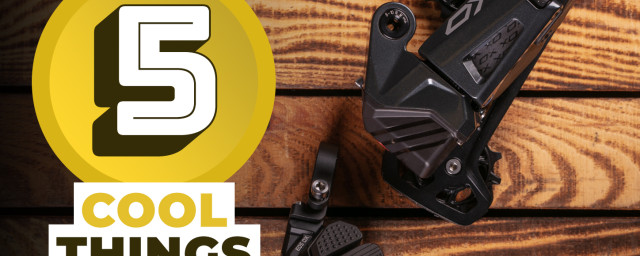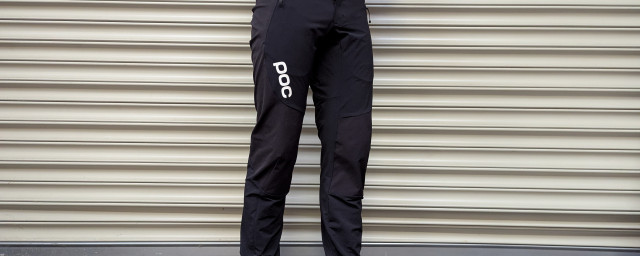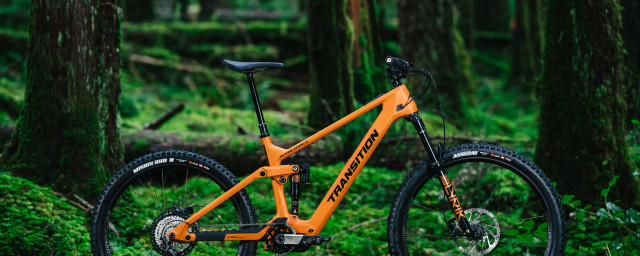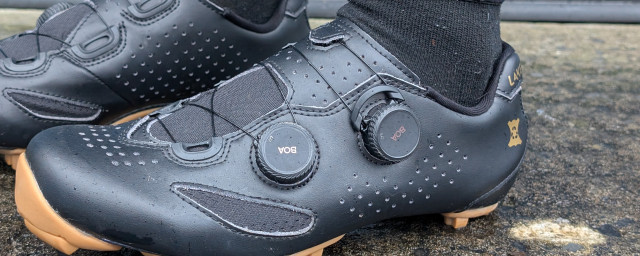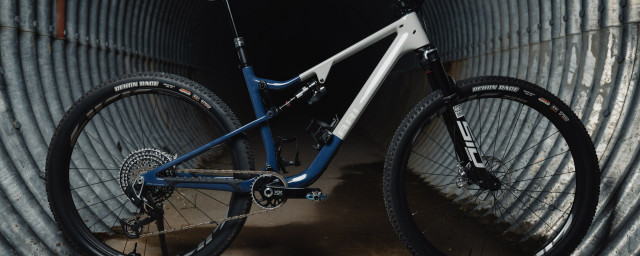Industry Insider - MTB career insights with Si Paton
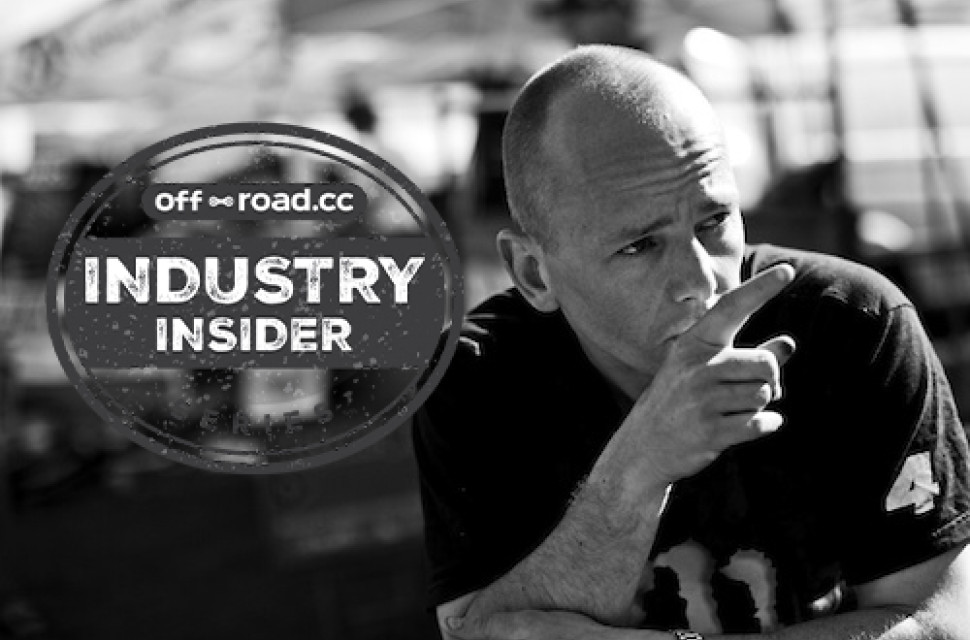
[Words by Steve Thomas - Header image credit PHUNKED]
Since the mid-90s, Si Paton from Birmingham has been all about bikes and has a passion and talent for thrashing them downhill. Somewhere along the unruly early ride through the rise of gravity racing in the UK, he stepped to the opposite side of the tapes and became a race organiser. From 2007-2017, he headed the British NPS series, taking it to great heights and, for the last half a dozen years, he’s been charged with bringing the great Malvern’s Classic back to life – among other things.
- Industry Insider – MTB Career Insights with Rory Hitchens
- Industry Insider: MTB career insights with Katy Curd
- Industry Insider – MTB career insights with Chris Porter
Who are you and what do you do?
Si Paton, father, husband, racer, rider, organiser, trail builder, litter picker and commentator.
What is your job?
Event Director of the Malverns Classic, the UK's biggest mountain bike festival, the Glastonbury of Mountain Biking!
How did you get into what you do?
Blame Rob Warner; we were at a very badly organised National Downhill Series race at Cwmcarn, in the pouring rain waiting hours for an uplift that nearly went off track and potentially could have killed 30+ riders. He beat me up and said I would do a better job. To be honest, at the time, so could anyone else!
How long have you been working in the bike industry?
About 28 years. It all started in 1997 when I met Jon-E Beckett who had an idea about running an MTB website called Descent-World. We started producing race reports and product tests at a time when the likes of MBUK and Dirt only had one page that listed when their next issue was due out.
How have things changed since you started?
Costs and health and safety. Costs have spiralled across the board; for example, the Forestry Commission would take a £3 per rider levy for every rider, which would cost you around £900 per event. Now they want 20% of your entry fee so based on a £100 entry, x 300 racers, you are now looking at £6k – that's a £5k increase that wipes out all of your profit.
[Image credit - Charles Roberston]
H&S rule changes, all for the better, have increased both time and costs to implement. Long gone are the times of bikes and riders hanging out the back of farmers' trailers on a downhill uplift.
Is there anything you wish you could change about your role/job?
Honestly no. It's hard. Damn hard sometimes, but for the rest of the year, it's pretty cool, so I am very grateful for what I have and massively appreciate the position I am in.
What does the average week look like?
Up early, work or ride a bike, school run, dog walk, Malverns planning, building/maintaining tracks, house music, gym, swim, sauna, then stretching and Netflix before going to bed at 10pm each night. Smoking, vaping – drugs or alcohol are not on the agenda.
What advice would you give to someone who wants to do what you do?
I actually wouldn't advise anyone to do it. For the hours, the stress and pay structure, you would be way better off financially getting a proper job with a steady salary, pension, and company car. Then ride your bike every weekend.
What do you like most about what you do?
Flexibility. If you put the work in at the right time, that allows you to enjoy the next day –especially if it's sunny and there’s no wind so you can go and hit the BMX track or dirt jumps.
If you weren’t doing this, you would be?
Probably in IT Sales earning a fortune, driving an Audi and overtaking you in the fast lane of the M1.
What have been some of the highlights of your career?
If you are talking race career, I managed to slip off at last year’s Malverns and race both the dual slalom and 4x, taking gold in both and being National Champion in the 50+ age category.
If you are talking business career, watching the Balance Bike World Championships and the Rippers Racing at Malverns Classic. Getting the 'stars of tomorrow on track today'.
The industry finds itself in a tough situation in terms of the cost of living. Do you see it recovering any time soon and, if so, what will brands need to do to stay relevant and afloat – and has it impacted events, sponsorship, rider numbers?
Stay alive till 2025 is what I've been repeatedly told. Brands will need to be present again from spring next year onwards, if not before. Rider numbers have dropped for sure at some events, meaning they have had to cancel.
What do you dislike most about the cycling industry?
Everyone is keen to sponsor riders, but fewer are willing to sponsor races/events. Without the organisers being supported by the brands financially there will be no races or events for those they sponsor to appear at.
As we have seen today – as I write this, no more Ride London. That's another one added to the ever-growing list; Tweedlove, PMBA Enduro, Naughty Northumbrian, Western Bike Events, Hope Marathon, Mountain Mayhem etc..
[Image credit - PHUNKED]
How do you keep things balanced when your hobby becomes your job?
That's easy, I wake up most days at 5am without an alarm clock. Do not be surprised to see me down the local dirt jumps or BMX track at first light. That allows me to sort out my children for school, walk dogs with the wife, and get some serious work locked down and completed.
Transitioning from one side of the tapes to the other, what have been the learnings in doing that?
The “poacher turned gamekeeper!” I raced for a good 15 years before organising my first event, this meant I knew every trick in the book as I probably broke every rule going back then.
The Malverns, bringing it to a whole new generation of riders, and in a time when so many of the great races of old are lost – what have been the biggest challenges, with a healthy retro side, too? How does it feel to bring it together and how different is it a regular NPS-style weekend in terms of atmosphere?
Firstly, everyone seems super happy to be at the Malverns. There are no egos, even with some of the global YouTube superstars that regularly attend. It's entry-level racing for the masses, whether you are a first-time racer or a seasoned pro.
That means no pressure. And so, no anger or disappointment after the finish line.
The biggest challenge is getting the industry to see what we are delivering. I met with one of the main team from SRAM this year and he couldn't believe how big it was and what was on offer. You really do have to see it to believe it.
You headed the NPS/BDS during an amazing time for British downhill racing, how integral was that? And is there a continuing legacy?
I put everything into that race series and was told by many that was the top national series in the World – as we set such a high standard. Each round was a like a mini World Cup, and, at its peak, four out of the five races were UCI-level events. Our Fort William event would see 100 Pro-Elite racers, and we would give away over £17k in cash prize money and even a brand new TagHeur watch for the fastest time of the day.
With our own satellite onsite, we saturated both social media and current bike-related publications. In short, that meant every racer brought their A-game to the events, and we had the top regional racers attending. The criteria to enter was 100 BC points required from regional races, and so that meant we also drove business to those regionals.
When you ask about legacy, is any of the above continuing? Unfortunately, the answer, I believe, is no. That's not a criticism; it's reality when we now have different organisers for each round, therefore little consistency and incredibly hard to get good sponsors for the series. It needs one solid promoter again to promote.







